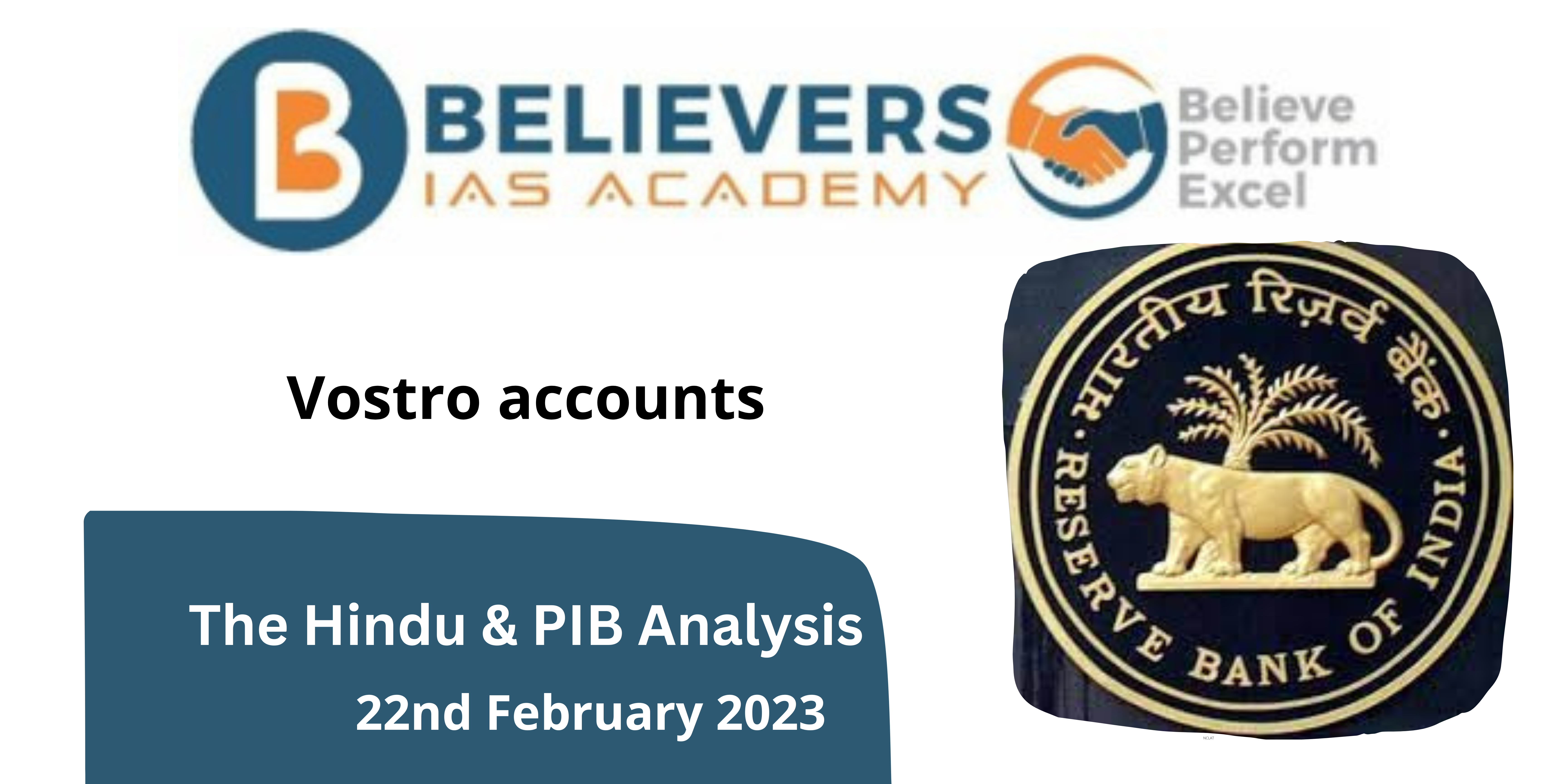- Posted on
- Blog
Introductory
- The first thing you should know is that because comprehension is an ‘Art,’ no ‘Theory’ of comprehension will lead you to correct answers. It takes time and effort to master.
- A lot of books will provide you with a variety of ‘Theories’ on how to grasp and such; nonetheless, if you are stuck in any of these stages (listed below), you will always be making one or more comprehension errors.
1) Broaden your database (knowledge)
What section of the newspaper do you turn to while reading a newspaper?
Is it the sports section, the editorials, the celebrity column or some other section? I go with the sports section first. Why? Because I like to read news and reports about the sports events. Similarly, the section that you like to read the most is the one you are most comfortable with.
Do you ever get bored reading that section or do you ever have difficulty understanding what’s written in that section? The answer, of course, is no. (or else you would not read it)
Reading essays on topics which you understand and know about is very easy as compared to reading on alien topics. Hence, it is very important to develop a broad background of knowledge in various fields. Remember that essays from any field can come in Reading Comprehension questions.
You can improve your knowledge base by reading books, newspapers, magazines, articles and periodicals regularly. Start taking interest in what is happening around the world. This would not only help you develop your reading skills but also help you during your Group Discussion and Personal Interview stage. Read from a broad range of topics to avoid…
Of course GS is analytical in nature, hence I assume that reading habits get automatically get inculcated for Civil service aspirants.
2) Learn to understand the structure of Paragraphs
Most often, the paragraphs used in Reading Comprehension passages are taken from articles or periodicals written by good writers. These writers generally have a well defined structure of constructing a paragraph. Their paragraphs will mostly have a proper beginning, middle part and an end section.
Knowing the functions of the respective parts can help you understand what the passage is trying to convey. For example, the first sentence will most probably be constructed in such a way that it gives the reader the main idea of what is to come in the passage.
3) Choose your Passages Carefully
Accuracy holds the key in Reading Comprehension as well as Verbal Ability as a whole. So, try and finish the easy passages first instead of wasting time on tough passages.
How do I know if a passage is easy?
Keep two things in mind:
- a) Is the topic of the passage something you are familiar with?
- b) Are the question direct or twisted?
Solve passages having direct questions first. It will be better if the passage is on a subject which you know about, hence selection becomes important.
4) Avoid Long Passages with few Questions
In continuation with the point above, try to avoid long passages with a few questions. This will save a lot of time and you can concentrate on smaller passages with more questions.
However, you must remember that it is more likely that the long passages with few questions would be easier and may contain direct questions. In the end, you will have to choose your strategy carefully keeping in mind all the factors. But if you have an option, go for passages with more questions.
5) Focus on Comprehension, instead of speed
While reading speed is a key factor in saving time, it is not the most important criteria. One can read a passage very fast without really understanding what it is about. Hence, you need to make sure that you pay more attention to Reading Comprehension instead of Reading Speed.
You should be able to comprehend the passage fast. This will help you a lot in solving the questions. On the other hand, if you just read fast and do not comprehend properly, you may have to revert to the passage again and again.
6) Keep noting the main points of the passage on a sheet of paper
As long as possible, try to note down the main points of the passage while you are reading it. Most probably, you would be provided with some sheets of paper. Use them efficiently.
Noting down the main points would help you in case you forget something. This will prevent the unpleasant experience of searching for ‘that point I read somewhere’, when you attempt the questions.



